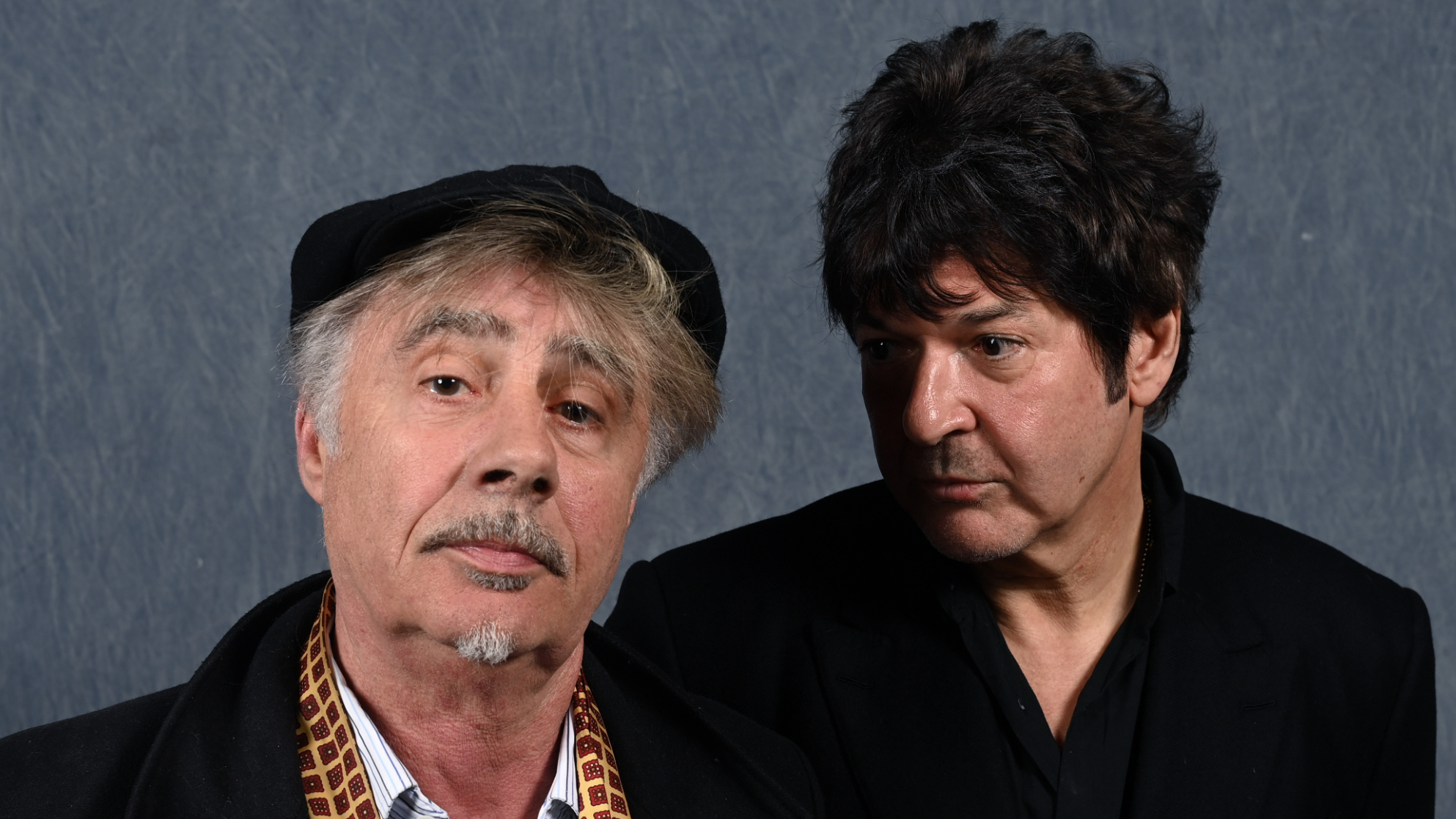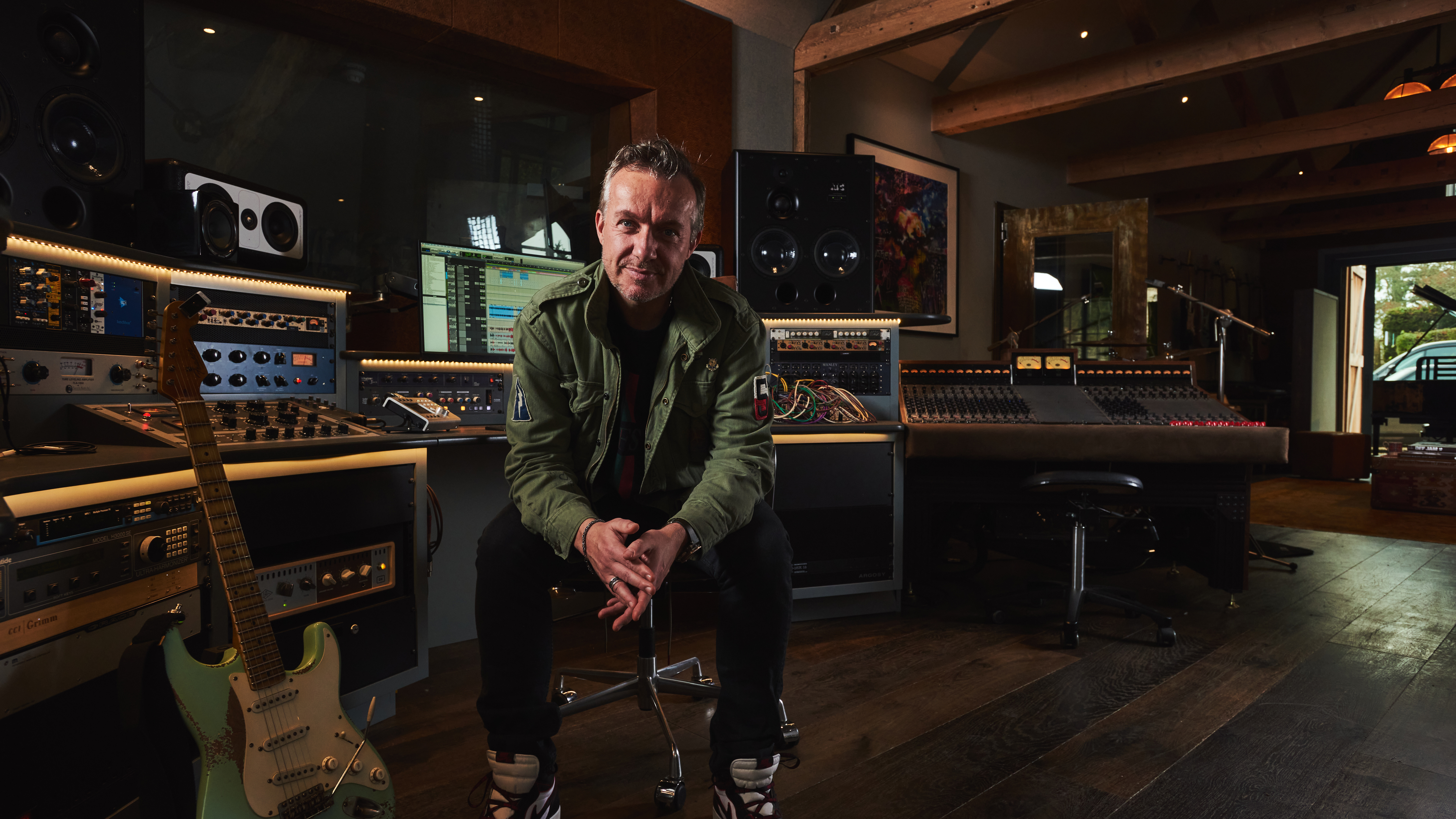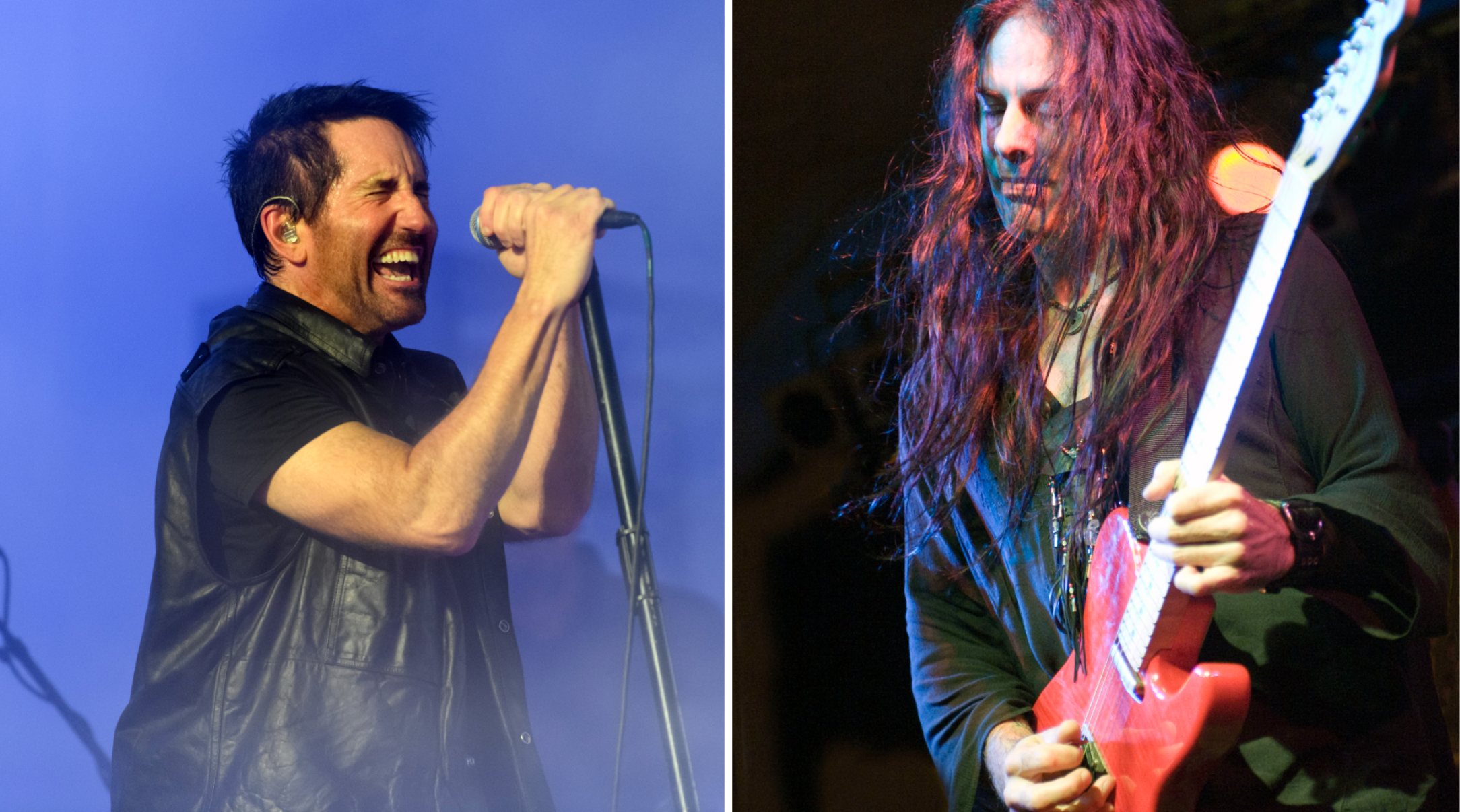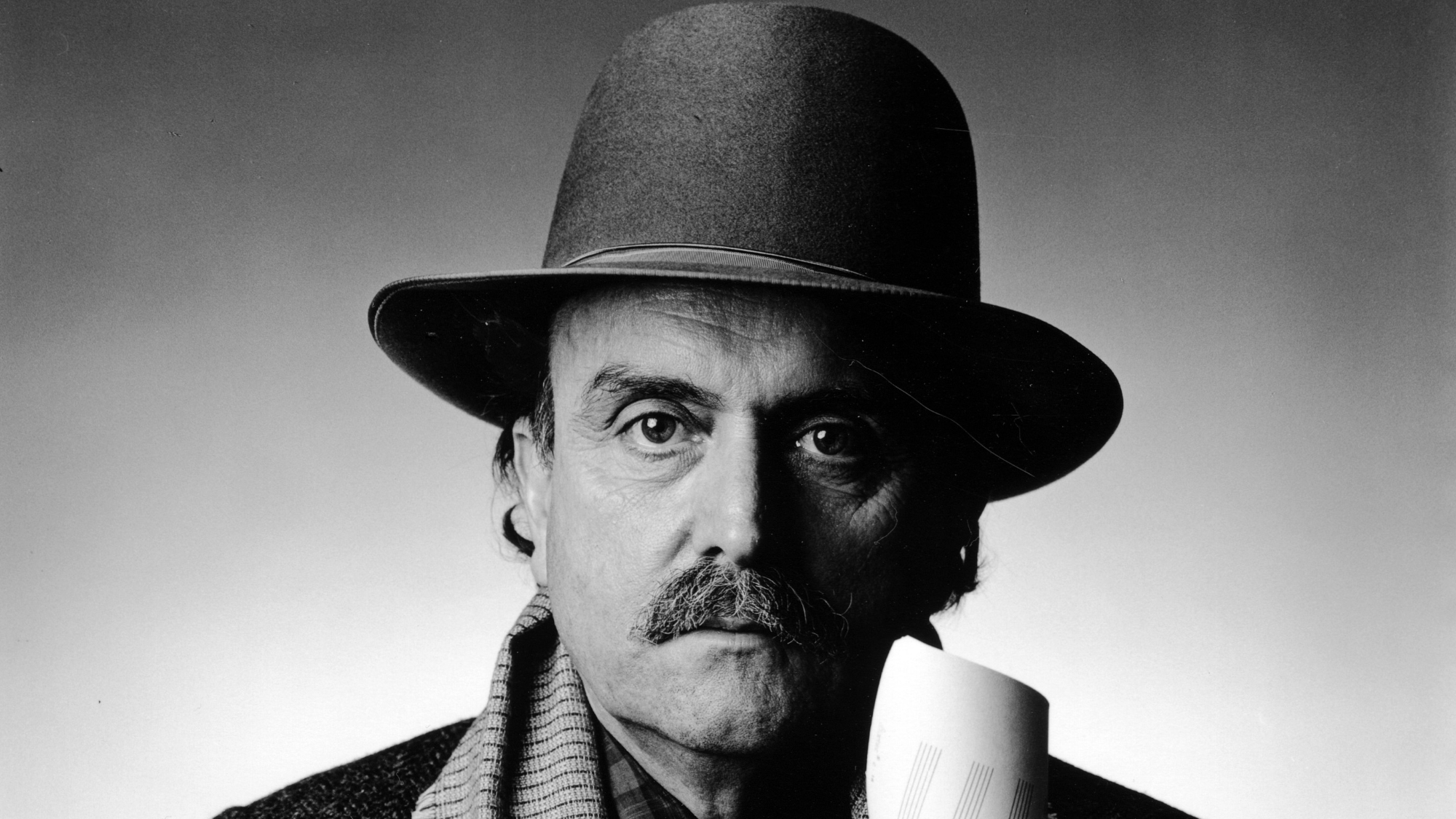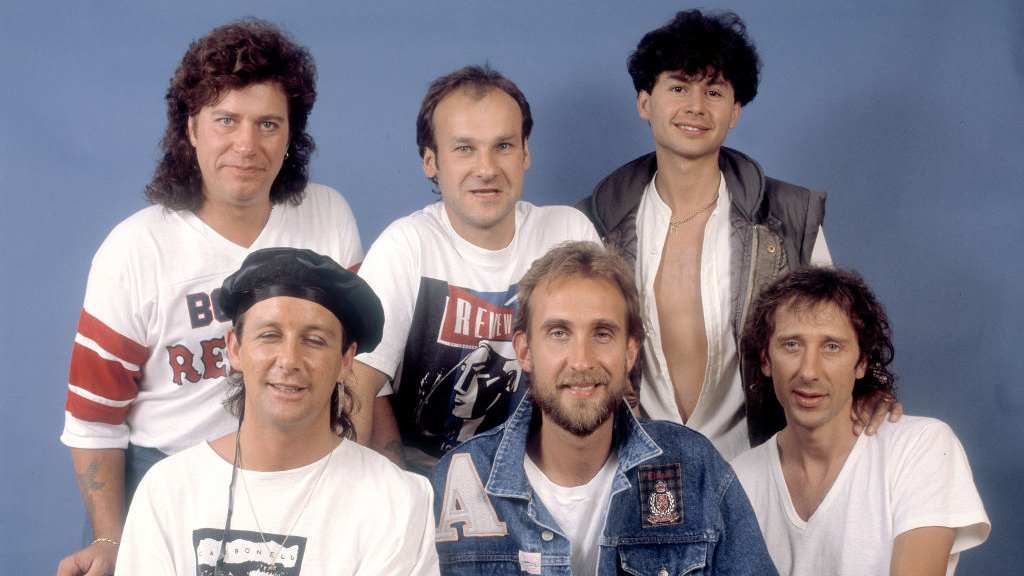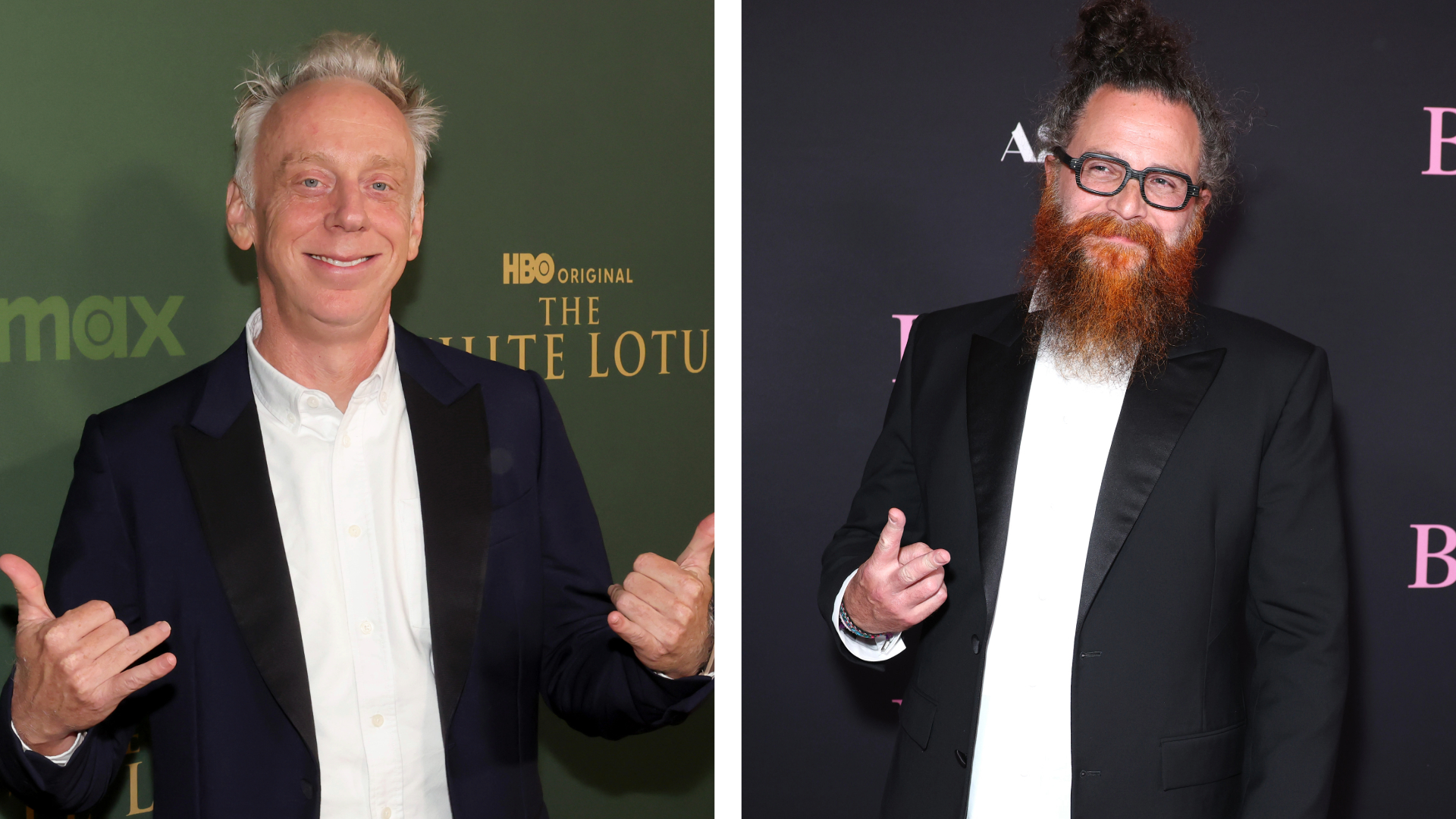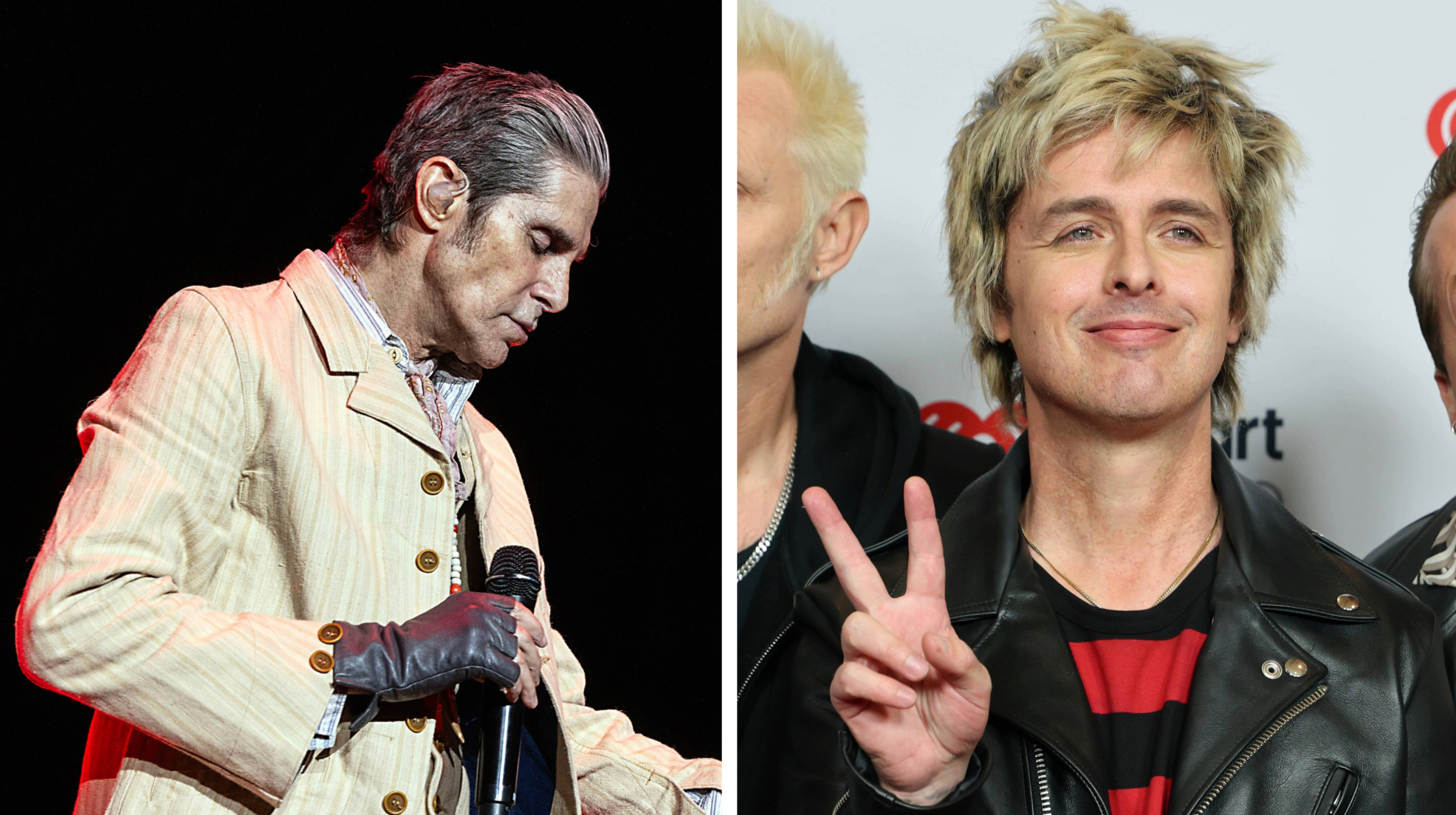"Music genres have undergone a noticeable simplification": Study concludes that modern music is not complex enough - and it's all your fault
New scientific research confirms what we all knew: that music was much better 'back in the day'
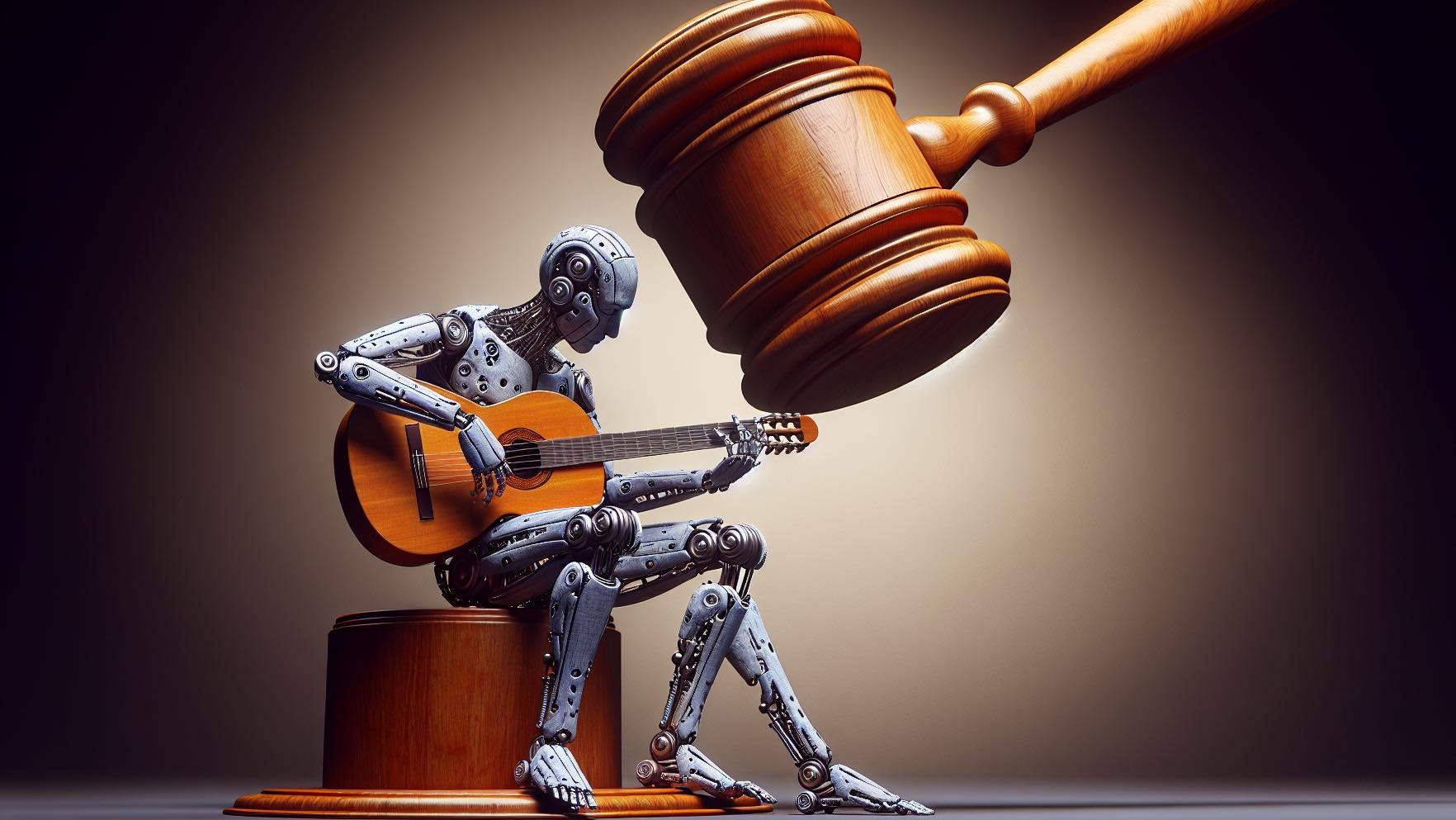
If you are anything like us, you won't need a university study to tell you that music was better 'back when we were younger'. It's the same nostalgic 'science' that we use to apply to our sporting heroes, the weather, videogames and the summer. They were all so much better 'back in the day'…
However, if you believe that music really has become rubbish, you're in for a treat because scientists have effectively proved this to be the case. They used what is probably AI to make the discovery, so really this is the first study in history where AI is telling us that we're dumbing things down. Could this be the tipping point for humanity?
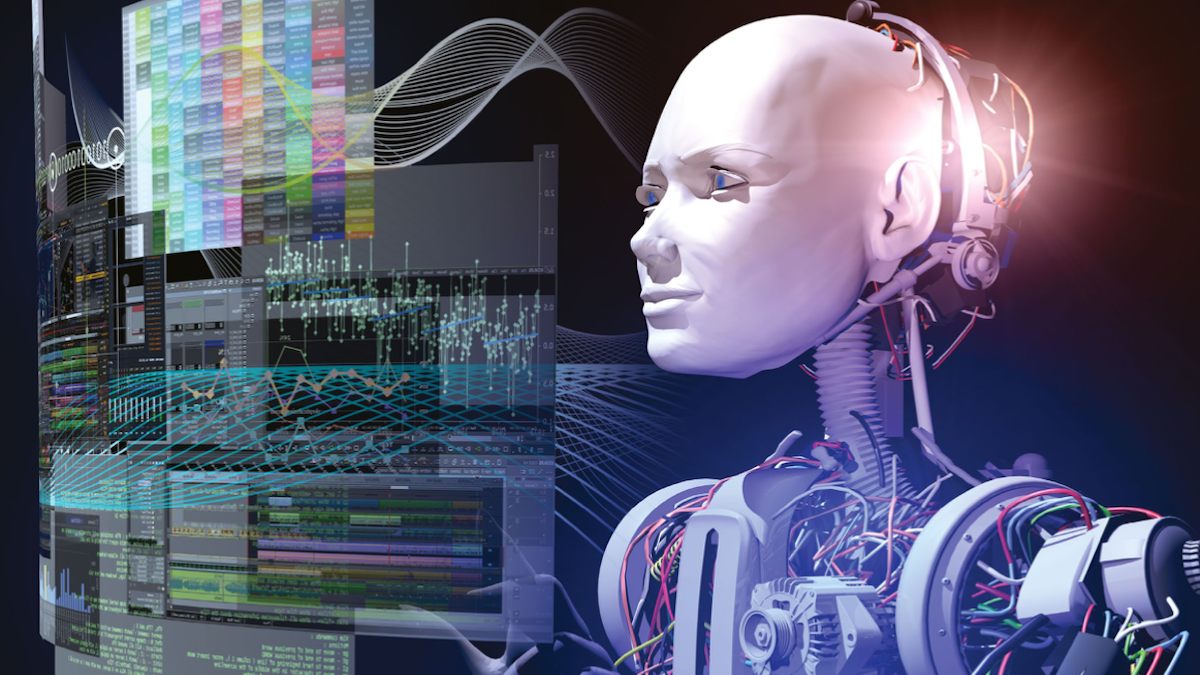
The study was made at Sapienza University in Rome by a group of academics, namely Niccolo' Di Marco, Edoardo Loru, Alessandro Galeazzi, Matteo Cinelli, and Walter Quattrociocchi. They used 'Network Science' to examine 20,000 MIDI files representing music from six different genres from the last four centuries of music making – although we'll assume that Electronic, Hip Hop and Pop did not necessarily span the entire 400 years.
While you might well ask, 'didn't they have anything better to do?', the scientists were able to, "represent each composition as a weighted directed network to study its structural properties". They then compared each network's patterns to determine how they related to one another, using an automated process to examine all 20,000 songs.
Stay with us, because in simple terms, this means they could see how complex or simple tunes have become over those years, and what they discovered and then concluded is pretty fascinating.
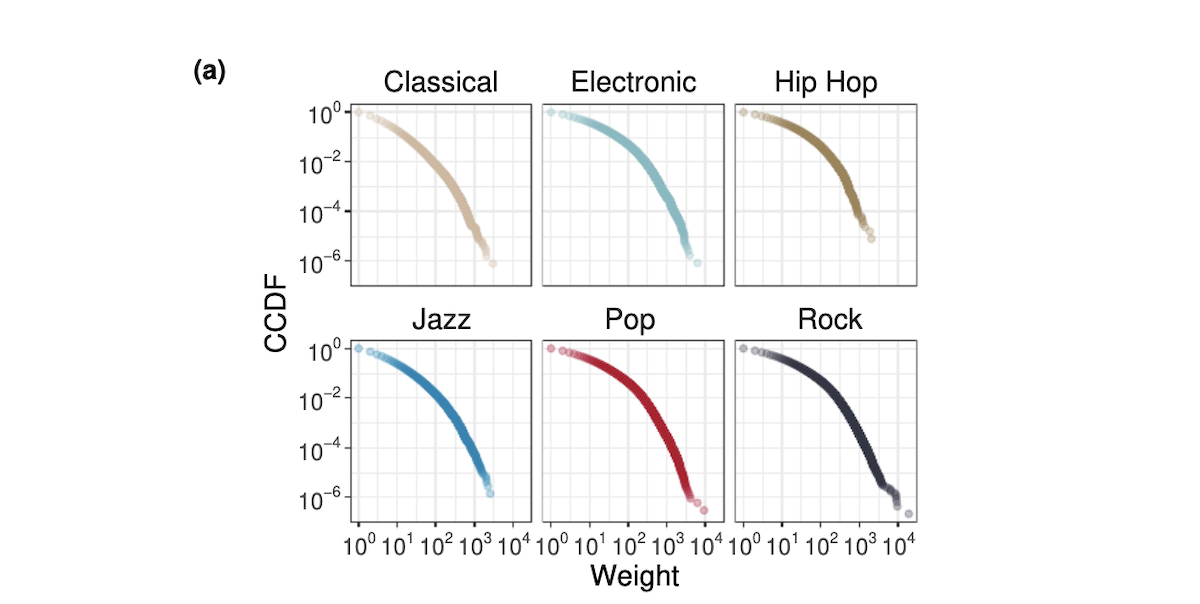
The team's first discovery was that classical music has always been more complex than modern pop – which we could have told them, to be fair, using their "network science" or not.
However, they also discovered that all of the music genres they analysed have become less complex – that's classical, jazz, hip hop, electronic, rock, and pop. Just see the tables above for definitive proof.
Get the MusicRadar Newsletter
Want all the hottest music and gear news, reviews, deals, features and more, direct to your inbox? Sign up here.
Only jazz and classical music remain on a complexity par with one another and are certainly more intricate than other, newer genres, but even they have both become simpler.
The team concluded that the fact that there are more people making music has to be a contributing factor to the increased simplicity. That's right, the 'more people' being you and us – we're all basically to blame.
"The observed results could partly be attributed to the rise of more homogeneous and less complex genres in recent years," the study said. "However, our analysis indicates that even enduring genres like classical and jazz have undergone a noticeable simplification compared to their origins.
"Our study highlights that the democratisation of the composition process and the advent of new technologies and platforms have fostered the development of genres characterised by reduced complexity relative to earlier eras."
The science behind the fact that music has become less complex is probably more interesting than the fact itself, and it's a shame the team didn't analyse the reasons more. We'd say that the increased use of technology has meant a decreased need for understanding complex music theory, and maybe that has resulted in less complex tunes.
So more technology equals more simplicity, and it's taken AI – the ultimate technology – to tell us. The tech worm truly has turned and AI is laughing at us. Human history will remember this study as the 'turning point'. Probably.
Read more about the study over at the ResearchGate website.
Andy has been writing about music production and technology for 30 years having started out on Music Technology magazine back in 1992. He has edited the magazines Future Music, Keyboard Review, MusicTech and Computer Music, which he helped launch back in 1998. He owns way too many synthesizers.
Who Wants To Live Forever? The composer still creating music from beyond the grave
“How daring to have a long intro before he’s even singing. It’s like psychedelic Mozart”: With The Rose Of Laura Nyro, Elton John and Brandi Carlile are paying tribute to both a 'forgotten' songwriter and the lost art of the long song intro

